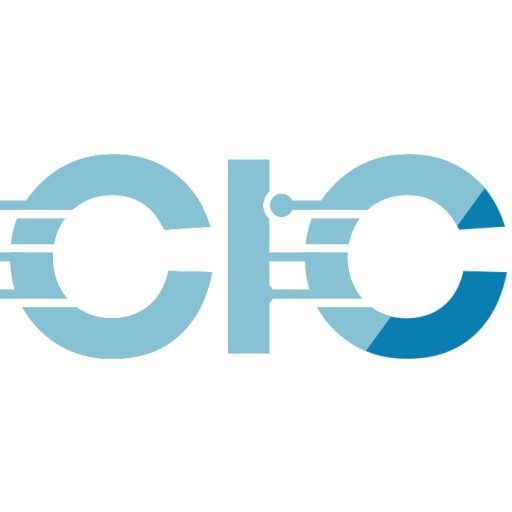Mitsubishi Fuso and Iwatani Sign MoU for Liquid Hydrogen Truck Fuel
In a significant step towards sustainable transportation, Mitsubishi Fuso Truck and Bus Corporation has officially signed a Memorandum of Understanding (MoU) with Iwatani Corporation, a leading player in the hydrogen industry. This strategic partnership aims to develop and implement a pioneering liquid hydrogen refueling system for heavy-duty trucks, marking a pivotal advancement in the effort to reduce carbon emissions in the commercial transport sector.
The Outlook for Hydrogen Fuel
Hydrogen fuel has emerged as a key player in the quest for sustainable energy sources, providing a cleaner alternative to conventional fossil fuels. As countries worldwide redouble their efforts to achieve net-zero emissions, hydrogen-powered vehicles offer a promising route, particularly in sectors with heavy-duty transport needs. This collaboration between Mitsubishi Fuso and Iwatani represents a forward-thinking approach to embracing hydrogen technology, potentially setting new standards for efficiency and environmental stewardship.
Key Components of the MoU
- Joint Development of liquid hydrogen Systems: The MoU outlines a framework for both companies to collaborate on the development of liquid hydrogen storage and refueling technologies. This will involve engineering methodologies and infrastructure that support efficient hydrogen transportation and refueling for trucks.
- Pilot Projects: The partnership plans to roll out pilot projects that will facilitate real-world testing of liquid hydrogen-powered trucks. These projects will aim at demonstrating the feasibility and efficiency of hydrogen as a viable fuel option in the logistics industry.
- Infrastructure Investment: Iwatani's expertise in hydrogen production and infrastructure development will play a crucial role in establishing the necessary refueling stations. This investment will help create a reliable network for hydrogen refueling, which is essential for the widespread adoption of hydrogen fuel technology.
- Sustainability Goals: Both companies share a firm commitment to sustainability. This partnership aims not only to innovate in terms of vehicle technology but also to contribute significantly to reducing greenhouse gas emissions, thereby aligning with global sustainability targets.
Industry Implications and Future Prospects
The collaboration between Mitsubishi Fuso and Iwatani stands to revolutionize the transportation industry by:
- Enhancing Fleet Efficiency: Hydrogen fuel cells offer the advantage of faster refueling times compared to battery electric systems. This will appeal to logistics firms that prioritize efficiency and minimal downtime.
- Reducing Carbon Footprint: As countries tighten regulations on emissions, adopting hydrogen technology can place companies ahead in compliance and sustainability practices.
- Boosting Economic Growth: By developing hydrogen technologies and infrastructure, this partnership could spur job creation across various sectors, from engineering to energy production.
Conclusion
The MoU between Mitsubishi Fuso and Iwatani signifies an important stride in the pursuit of sustainable transportation solutions. By integrating liquid hydrogen technology into heavy-duty trucking, both organizations are laying the groundwork for a cleaner, greener future. The success of this initiative could reshape the logistics landscape, encouraging other companies to explore similar avenues in sustainable fuel technologies.
As the industry watches closely, this collaboration not only highlights the potential of hydrogen fuel but also reinforces the necessity of partnerships in advancing the global transition towards more sustainable energy solutions.


